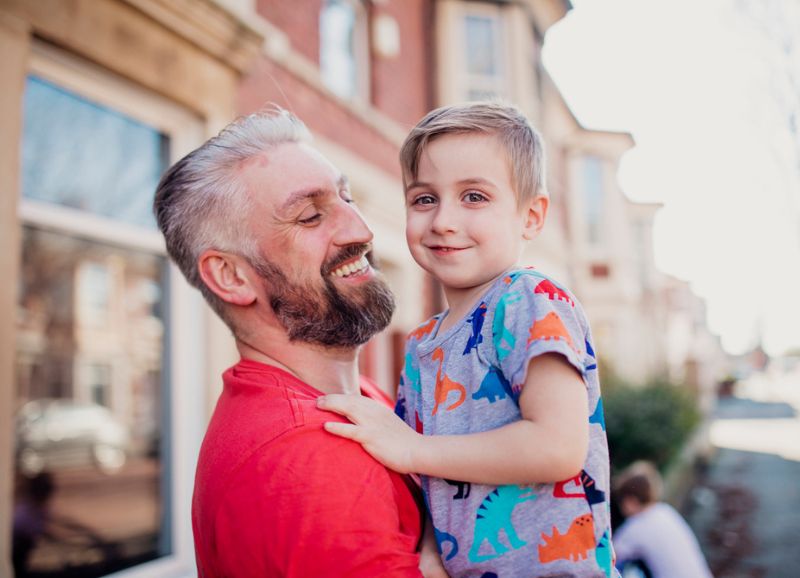When we suffer from a mental illness, asking for help can feel like a leap into the unknown. Admitting we need help might feel like failure, since many of us believe the most common mental health challenges – like depression and addiction – are challenges we should be able to conquer on our own.
But there are other barriers to diagnosis and treatment. Insurance plans may not cover the full cost of treatment plans, limiting care or making it unaffordable. Access to mental health professionals may be limited, as well.
Often, though, we’re simply struggling with acceptance. Our collective image of mental illness is clouded by misconception and stereotype, thus more extreme cases are thought to be the norm. We forget the brain is an organ like any other in the body, susceptible to injury and disease.
Barriers to Adult Mental Illness Diagnosis and Treatment
When we forget that mental illness is simply illness, in many ways no different than cardiovascular disease or diabetes, we tend to ignore warning signs or isolate ourselves from those who might recognize a change in our behavior. Or, as friends and family, we may dismiss those signs as personality quirks or a series of bad days.
We do so because there’s still a stigma attached to mental illness. Even though professional athletes, celebrities and social media influencers have shared their mental health journeys to help alleviate that stigma, it persists. Overcoming that stigma can be daunting.
That’s especially true for those who suffer from substance use disorder or major depressive disorder. Those who face the public stigma of these diseases are less likely to seek treatment, see reduced career opportunities and can receive lower quality of care than the general population, according to one study.
It all makes taking the first step on your path to recovery a challenge – and a triumph.
Navigating the Warning Signs of Mental Illness
When we take that first step, it’s important to remember we’re not doing so alone. In fact, 1 in 5 U.S. adults experience some form of mental illness during their lives, and 1 in 20 will experience a serious mental health issue.
That’s all to say mental illness is common. If you think you might be suffering, it’s worth seeking professional help even if it’s just to be sure there isn’t something more going on.
Or maybe you’re worried about a friend or family member. Approaching your friend to offer peer support can be daunting, and we understand that. But having that conversation, even if it’s just a matter of learning more about what they’re going through, can often be the first step toward treatment and recovery.
According to the National Alliance on Mental Illness, common signs and symptoms of someone experiencing a mental health crisis include:
- Feeling very sad or withdrawn for more than two weeks
- Trying to harm or end’s one life, or making plans to do so
- Severe, risk-taking behavior causing harm to others
- Sudden, overwhelming fear for no reason, sometimes with a racing heart, physical discomfort, or difficult breathing
- Significant weight loss or gain
- Excessive use of alcohol or drugs
- Drastic changes in mood, behavior, personality or sleeping habits
- Extreme difficulty concentrating or staying still
- Intense worry or fear that gets in the way of daily activities
Let Our Mental Health Counseling Services Be Your Guide
The path to recovery often feels like a lonely place. The counselors at OhioGuidestone understand this and work tirelessly to make your journey easier and, more importantly, share that journey with you.
While we employ innovative intervention methods to treat adults and families experiencing mental health challenges, the counselors at OhioGuidestone place their entire focus on you as an individual. More than knowing your story, we want to understand it, so that we can develop an optimal treatment plan.
As one of Ohio’s leading behavioral health organizations, the depth and breadth of collaborative knowledge at OhioGuidestone means we can pair you with a mental health counselor who can provide expert, specialized care.
To learn more about some of our adult mental health services, click on the links below.
Adult Mental Health Services
Adult Outpatient Mental Health Services
Individuals and families who are eligible for outpatient mental health services will find several conveniently located outpatient clinics and counseling offices that aid with anxiety, depression, drug and alcohol addiction, relationship challenges, and much more.
Maternal Depression
Maternal depression can happen in the postpartum and in the prenatal months, with varying levels of severity. From “baby blues” to postpartum psychosis, and prenatal depression, OhioGuidestone offers treatment that can put mothers onto the path of good health, while creating a joyful relationship with their baby.
Assertive Community Treatment
ACT is Assertive Community Treatment for those experiencing serious mental illness that interferes with their ability to manage their mental health symptoms. OhioGuidestone provides ACT services that go beyond counseling alone to improve the daily life of those living with severe mental illness and in need of medical intervention.
Adult Psychiatry Services
Adult psychiatry services are available for those who need medical support in addition to counseling to deal with life’s challenges. Our psychiatrist and nurse practitioner can help improve functioning by adding medication to the counseling treatment, and closely monitoring both throughout the treatment process.

OhioGuidestone can help
Are you in need of our services? Contact us today to learn more about next steps and the kind of care you can expect from OhioGuidestone.
